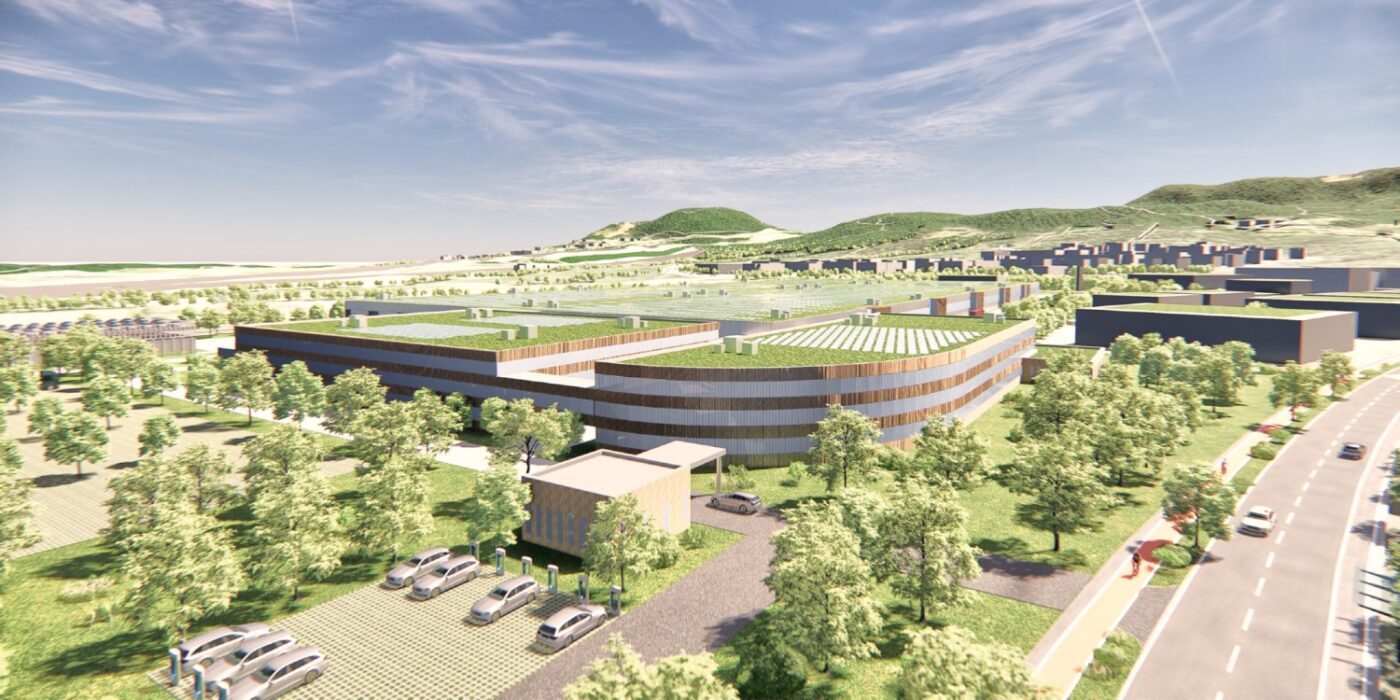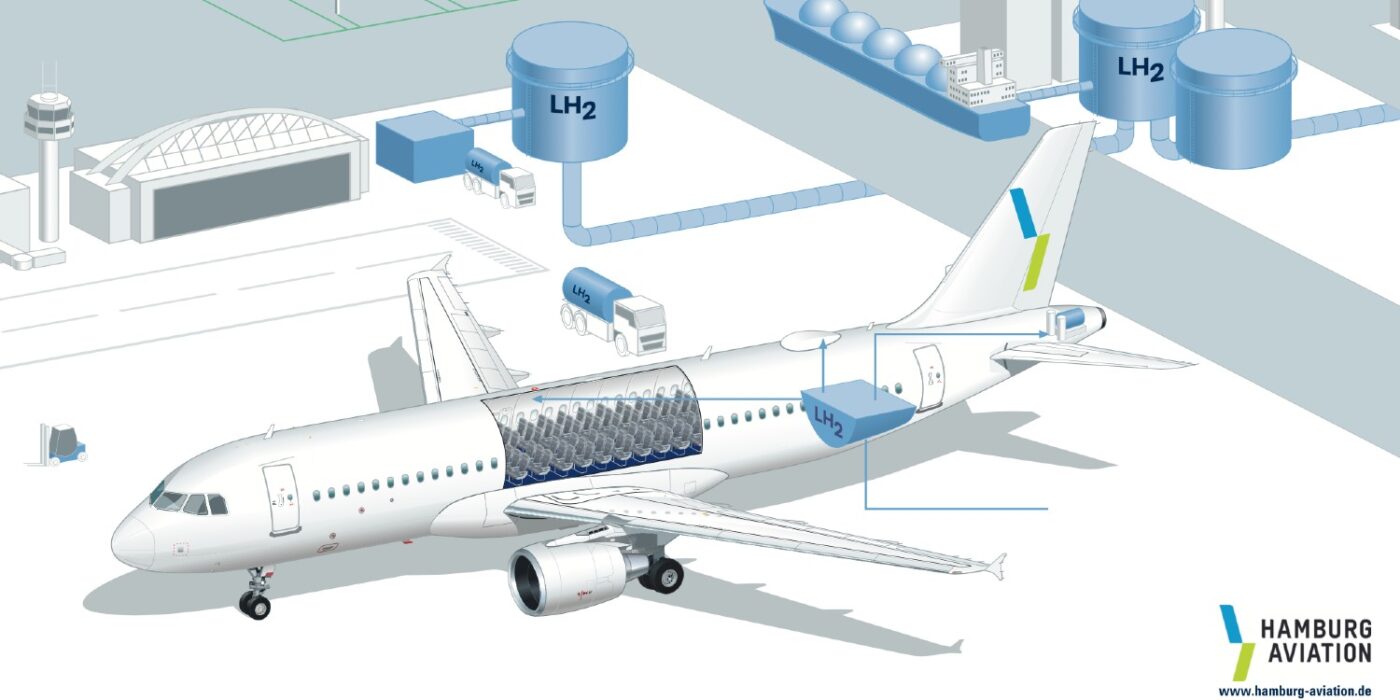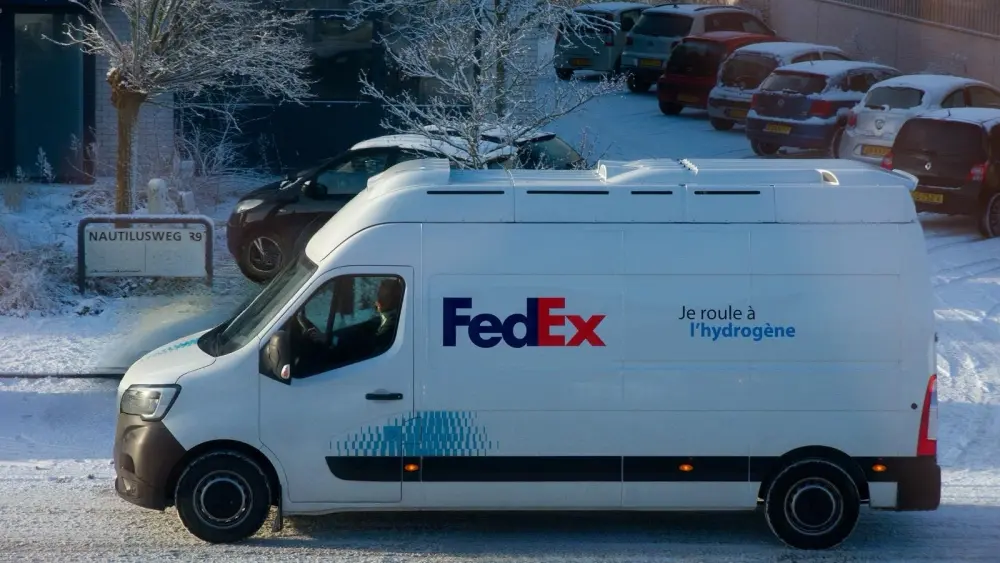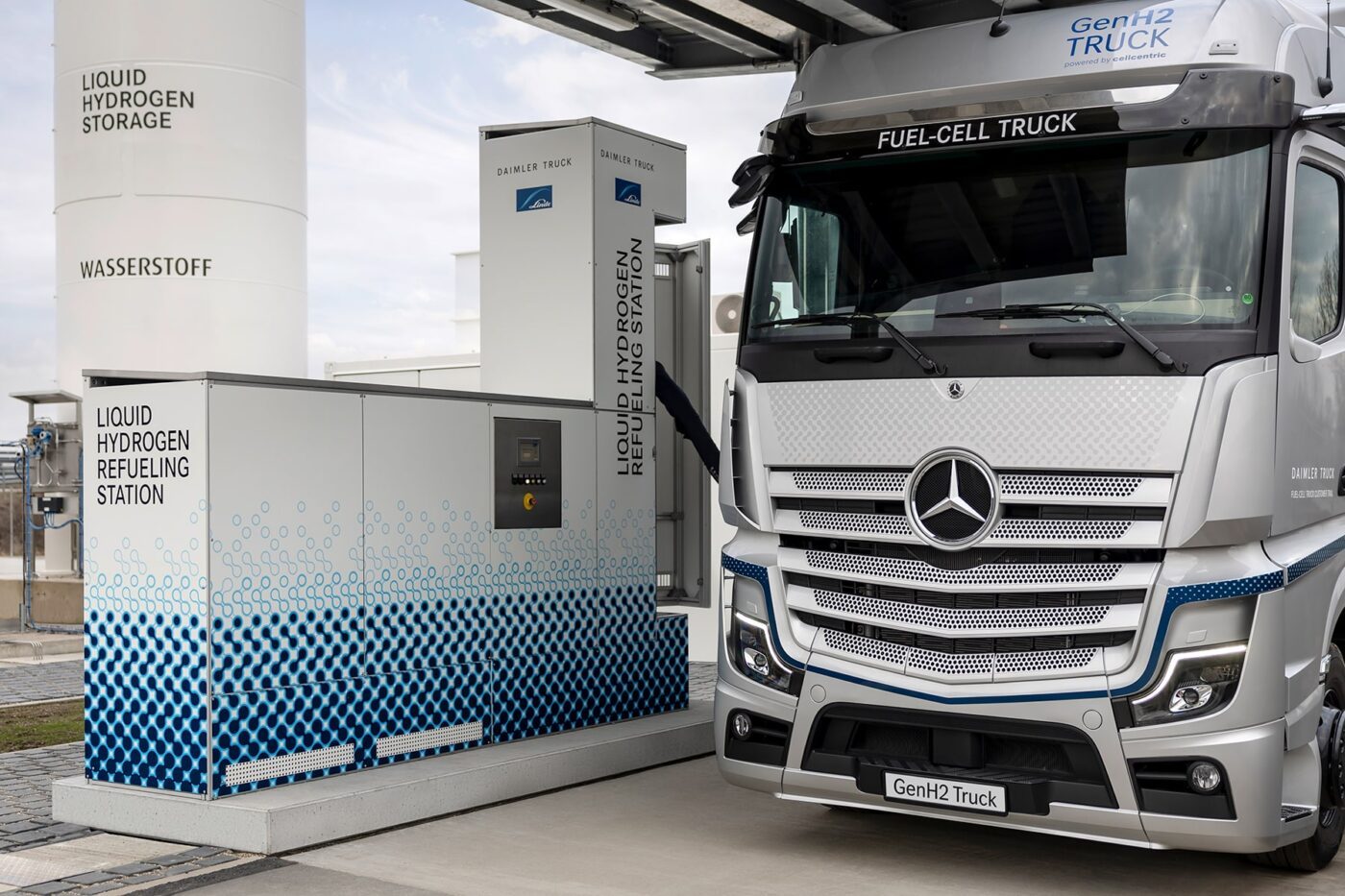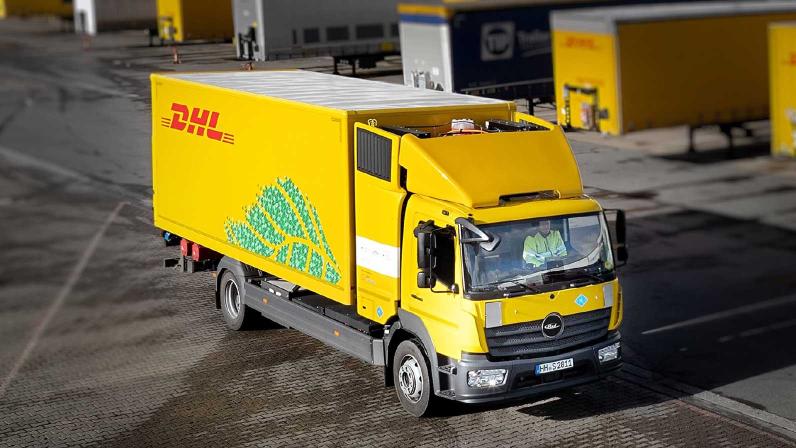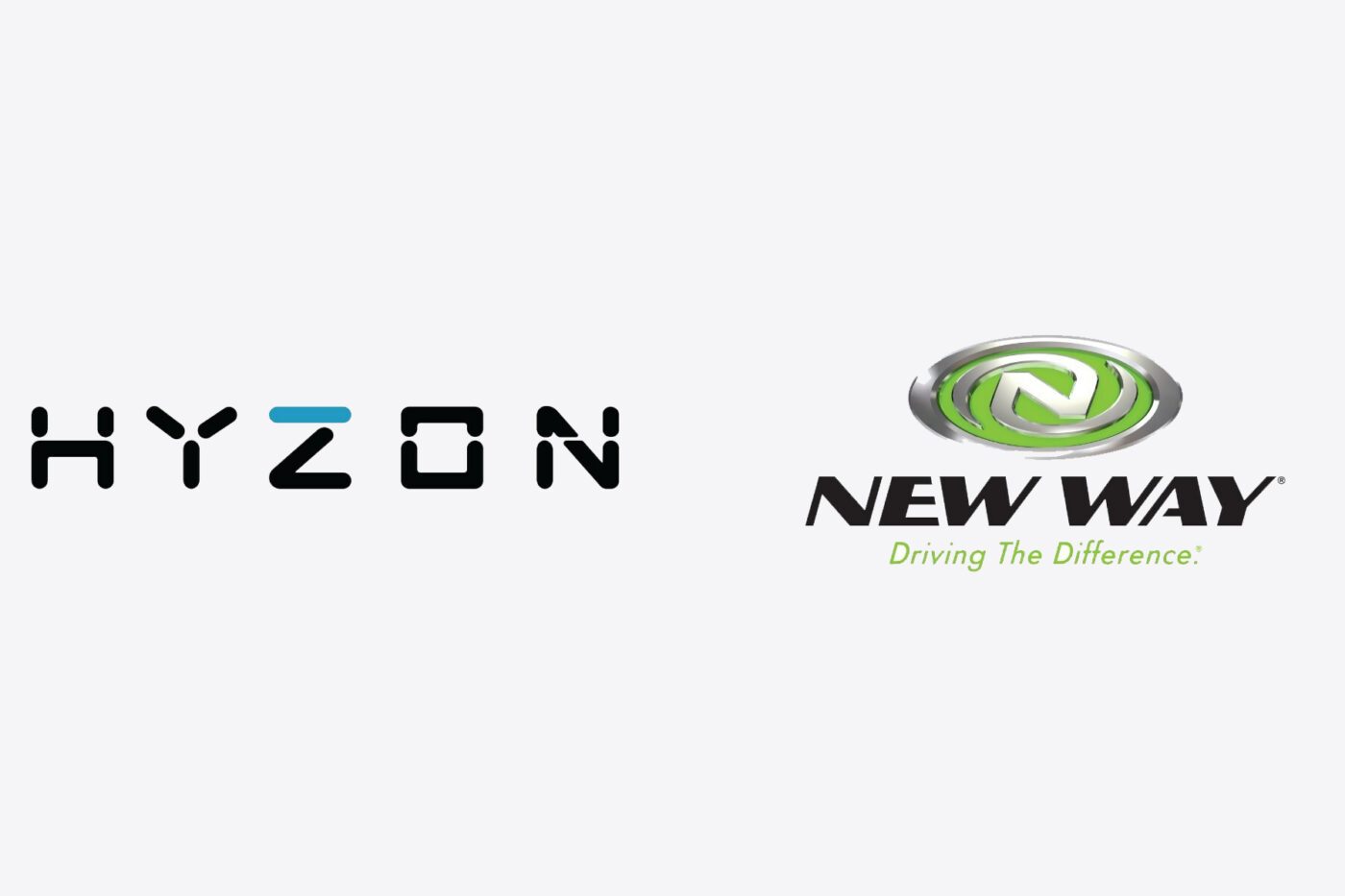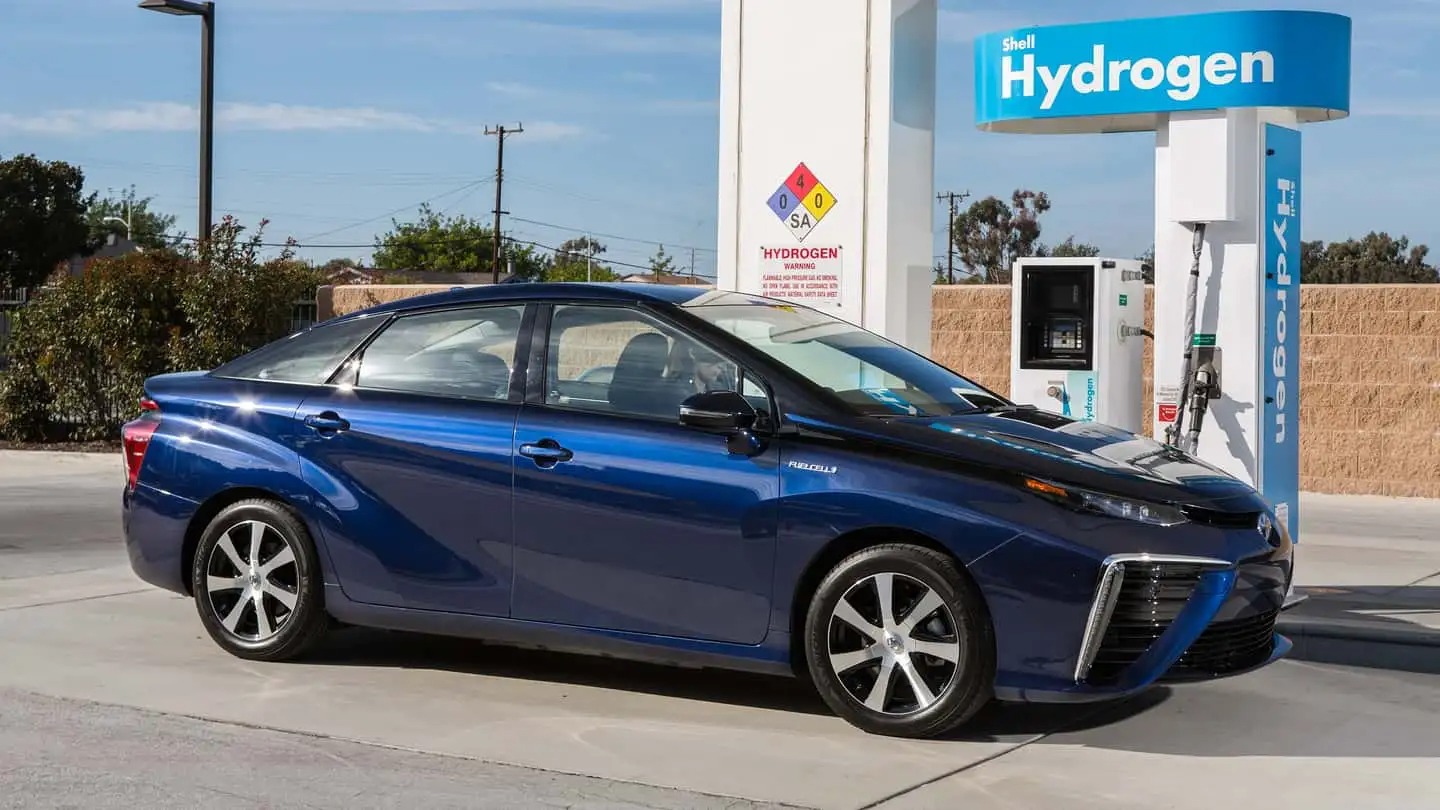Cellcentric, the fuel cell joint venture between Daimler Truck and the Volvo Group, has confirmed significant delays in the construction of its fuel cell factory in Weilheim/Teck. The joint venture acknowledges a setback of one and a half years from the original schedule due to delayed land acquisition. Despite this, Cellcentric is committed to meeting the production start deadline through alternative means.
Originally, the German town of Weilheim an der Teck had expected construction to commence in autumn 2024, following an agreement with the last remaining landowner. The excavators were initially scheduled to start rolling in 2023. However, Cellcentric CEO Matthias Jurytko revealed to Automobilwoche that the final construction phase is now anticipated to conclude by 2031.
See also: Fully Loaded Mercedes-Benz GenH2 Truck Shatters 1,047 km Milestone on a Single Liquid Hydrogen Fill
Cellcentric selected Weilheim for its fuel cell expertise concentrated in south-west Germany, with the initial plan to produce fuel cell systems for heavy commercial vehicles starting in 2026. Despite the construction delay, Jurytko remains confident in meeting the original plan for the first delivery by 2027/2028.
To ensure on-time production commencement, Cellcentric will utilize its existing facility in Esslingen, originally designed for small series production. The Esslingen site will be expanded to accommodate the production needs until the Weilheim factory is operational. However, details regarding the cost of this unplanned expansion and the future of the Esslingen facilities post-Weilheim completion were not disclosed.
Cellcentric had acquired the Esslingen building and many employees from Daimler AG, incorporating fuel cell expertise initially spread across various divisions of Daimler AG. The joint venture’s role in consolidating fuel cell development has faced criticism as some view it as an outsourcing strategy.
See also: Volvo Trucks Makes Headway with Fuel Cell Electric Truck Tests
Daimler Truck plans to deliver the first test vehicles of a fuel cell truck to customers for practical tests in the middle of this year, with Amazon, Air Products, Holcim, Ineos, and Wiedmann & Winz among the test customers. Series production is scheduled for the second half of the decade, relying on sufficient fuel cell systems from Cellcentric.
The joint venture partners, Volvo Group and Daimler Truck, have different approaches to hydrogen storage, with Volvo favoring conventional hydrogen stored in gaseous form under 350 bar pressure, while Daimler Truck prefers liquid hydrogen cooled to -253 degrees Celsius for its higher energy density, despite infrastructure challenges.

